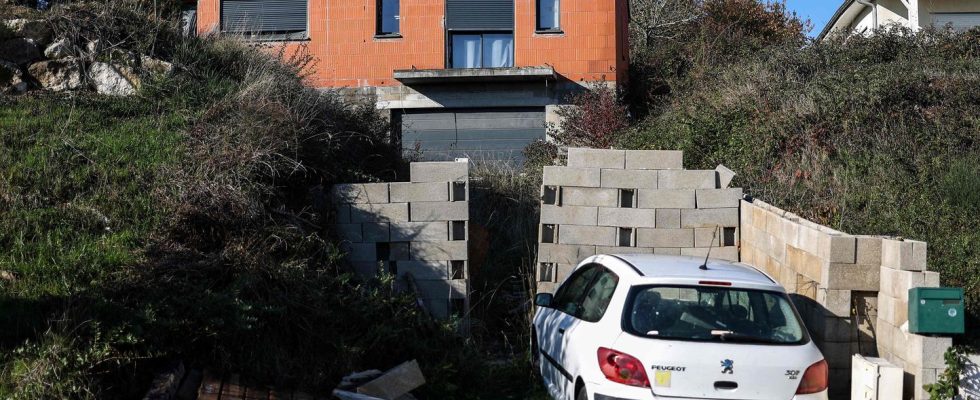No urgency but an appeal nonetheless examined. The Court of Cassation refused to urgently examine an appeal filed by Cédric Jubillar’s lawyers requesting the disqualification of the judges responsible for investigating the investigation into the disappearance of his wife Delphine at the end of 2020 in Tarn.
In a decision dated March 25, which AFP was able to consult this Thursday, the Court rejects the urgent examination, but the appeal should however be examined by the criminal chamber of the Court of Cassation, told AFP one of Cédric Jubillar’s lawyers, Jean-Baptiste Alary.
A lack of impartiality?
Cédric Jubillar’s counsel appealed in mid-February against the decision of the Toulouse Court of Appeal to entrust additional information to the two judges who had conducted the investigation and ordered the referral of the main suspect to the court. Tarn Assize Court for “aggravated murder”. The lawyers believe that these magistrates, who have “already written (in their indictment order, editor’s note) that Jubillar was guilty”, lack impartiality.
On January 18, the Toulouse Court of Appeal ordered additional information, in order to question a detainee from the Lannemezan power station (Hautes-Pyrénées), who made suspicious remarks about the Jubillar affair during a telephone conversation.
In this case without a body, no confession, no witness, no crime scene, Cédric Jubillar denies all responsibility.
Requests for release all rejected
Delphine Jubillar, then aged 33, disappeared from her house in Cagnac-les-Mines, near Albi, where the couple lived with their 18-month-old daughter and their six-year-old son, on the night of 15 to 16 December 2020, in the middle of a curfew linked to the Covid-19 pandemic.
Six months after the disappearance of his wife, Cédric Jubillar was indicted, in June 2021, and immediately imprisoned in solitary confinement at the Seysses detention center, near Toulouse. All his requests for release were rejected by the investigating chamber of the Toulouse Court of Appeal, considering that the file contained serious and consistent evidence against him.

